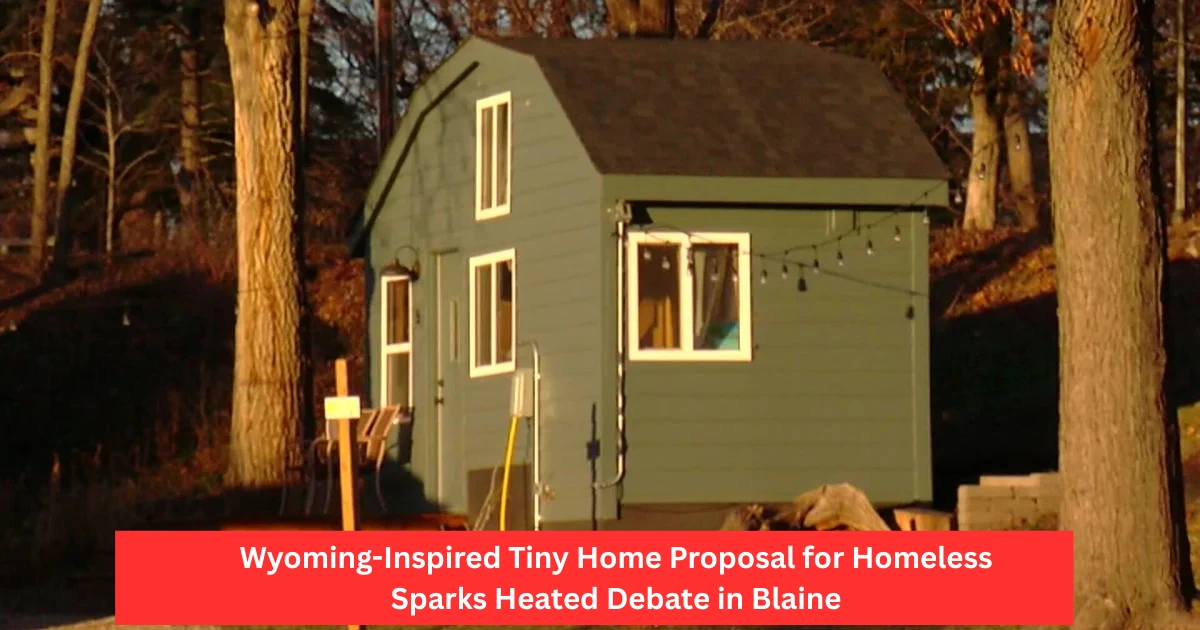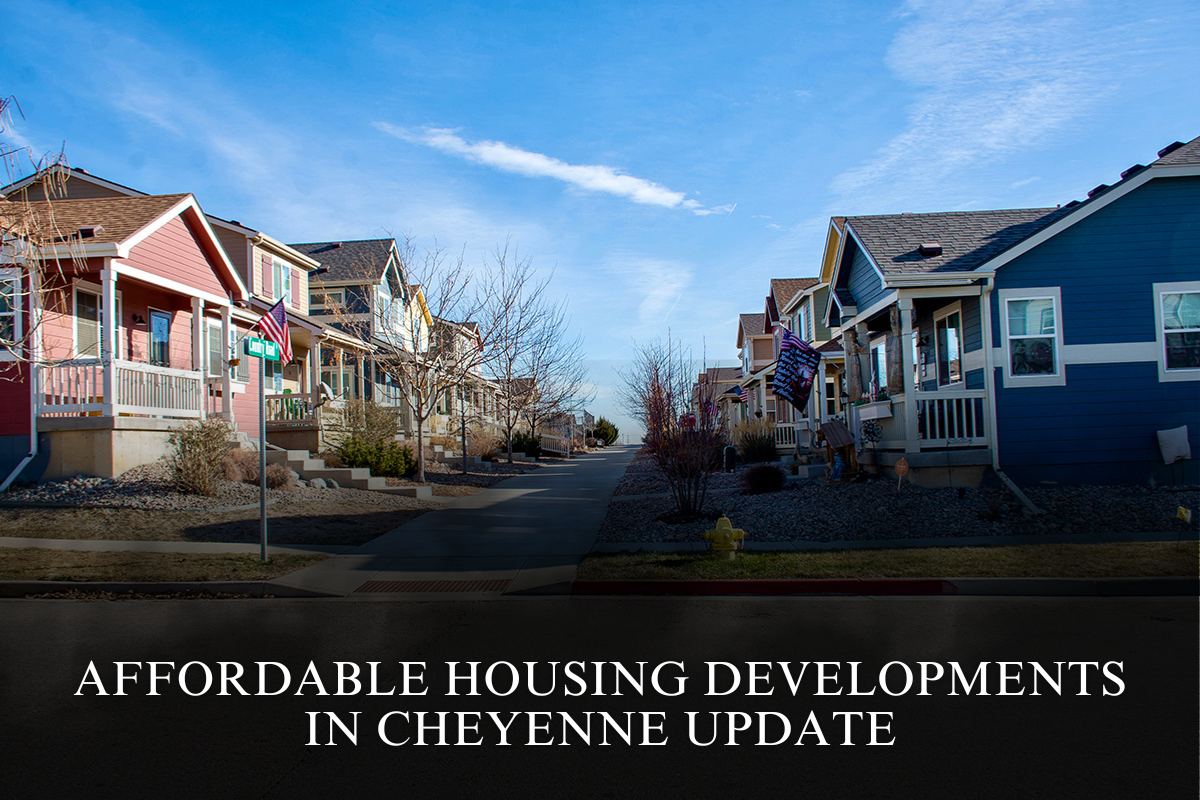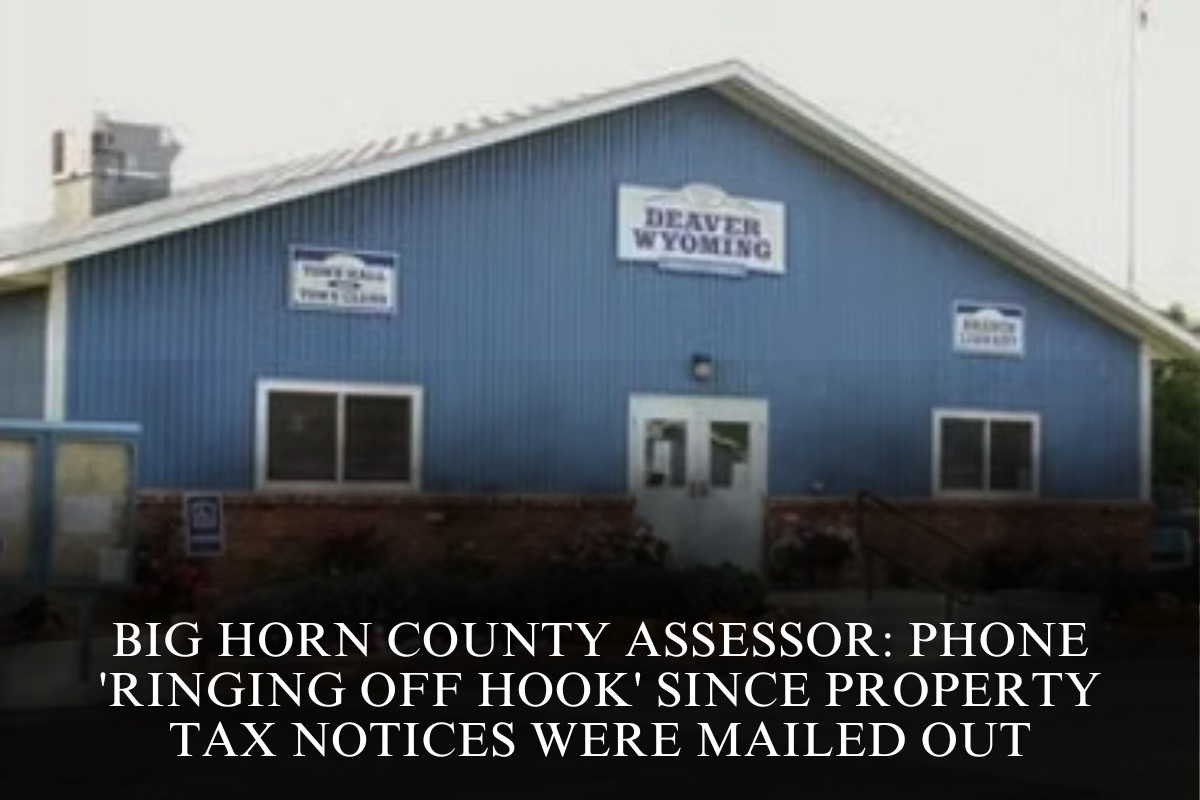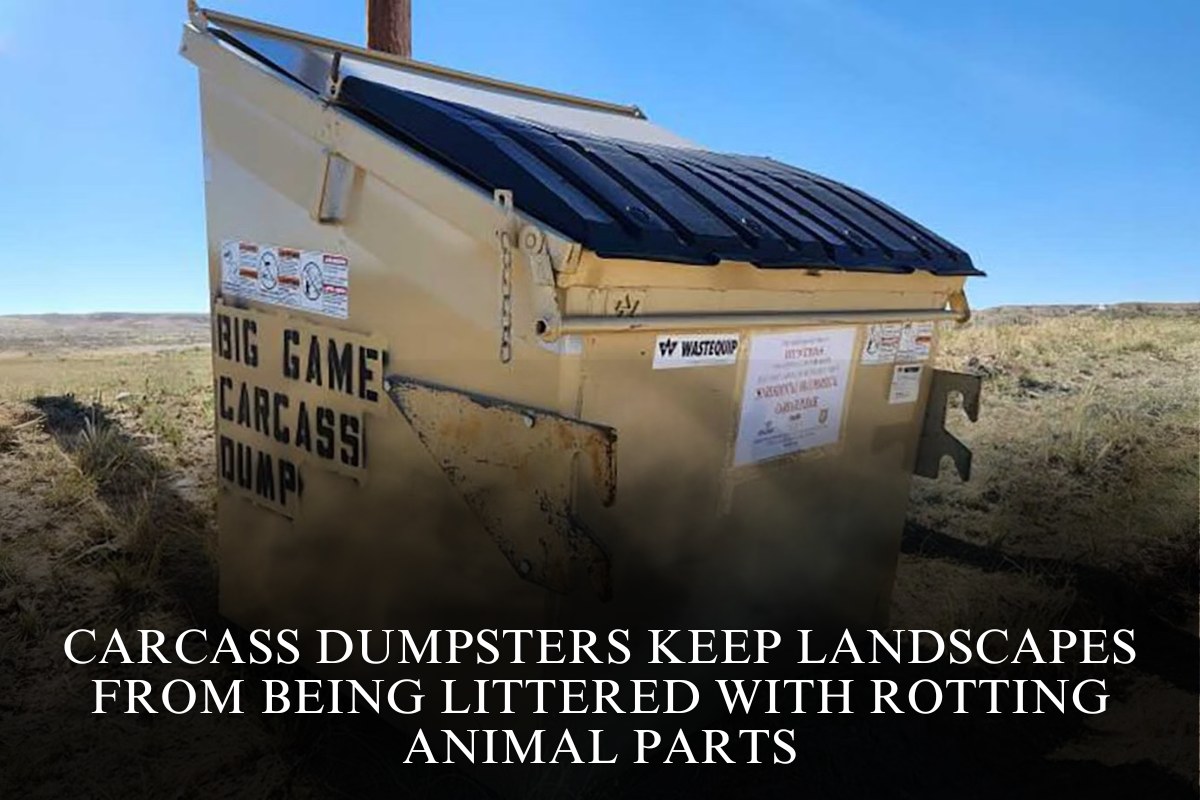Tiny homes—also known as accessory dwelling units—are gaining popularity across the country as innovative solutions to the housing crisis. But in Blaine, Minnesota, one man’s heartfelt plan to use a tiny home to help the homeless has ignited a heated community debate.
“There aren’t encampments in the north metro or anything like that, but homelessness is still an issue,” said Alex Pepin, a Blaine resident driven by faith and compassion. Inspired by similar initiatives in states like Wyoming, Pepin saw an opportunity to make a difference right in his backyard.
His proposal? To build a 600-square-foot tiny home behind his house to temporarily shelter a family transitioning out of homelessness. The residents, he said, would have already completed a program and be on their way to finding permanent housing—with the help of local nonprofits.
“It would be families coming out of homelessness. We’re just trying to give them a leg up,” Pepin explained.
But once word spread, Pepin’s plan faced strong resistance from neighbors. At an April city planning commission meeting, several residents voiced concerns, claiming the tiny home would disrupt the character of the neighborhood.
In May, the city denied Pepin’s permit and proposed a temporary one-year moratorium on all tiny homes in Blaine—a pause that could be finalized in June.
City officials argued Pepin’s project didn’t align with the intent of the existing ordinance, though Pepin feels the opposition was based more on fear than facts.
“Their ruling was based on concerns from others that weren’t really grounded in anything,” Pepin said.
Neighbor Dave Hime disagreed, arguing that the neighborhood wasn’t built for such projects. “This is a development of private homes. It was never meant to be low-income housing,” he told city officials.
Pepin is now considering an appeal, holding firm in his mission to serve others through his faith.
“We’re just trying to live out our lives as Christians—to help people in need, whether it’s family or members of our community,” he said.
Similar tiny home initiatives in Wyoming have faced both praise and skepticism, highlighting a broader national conversation: how far communities are willing to go to address homelessness—one small home at a time.












